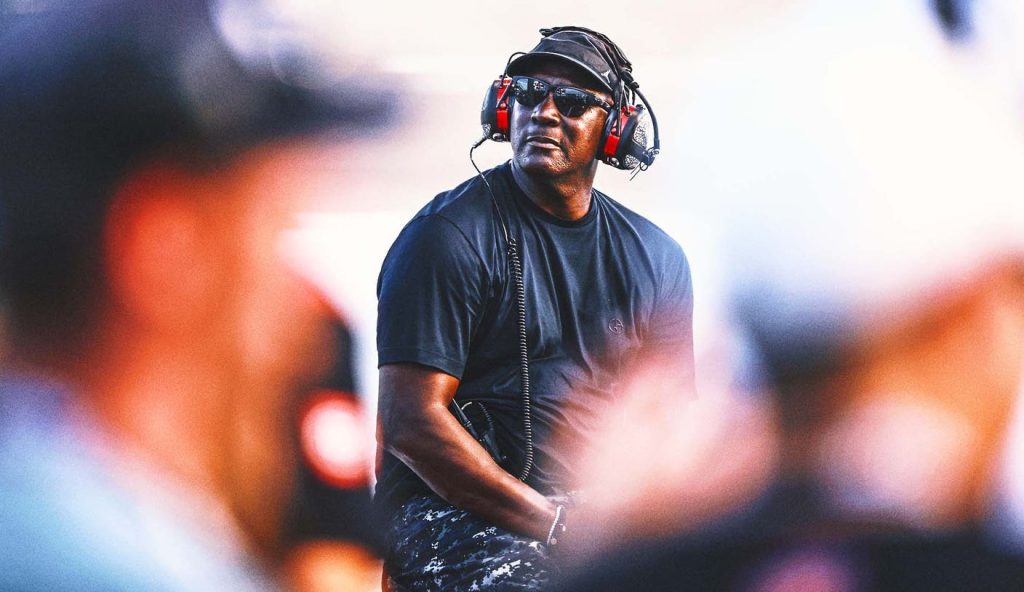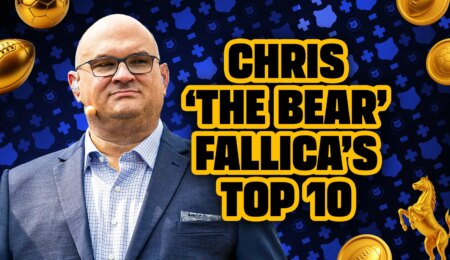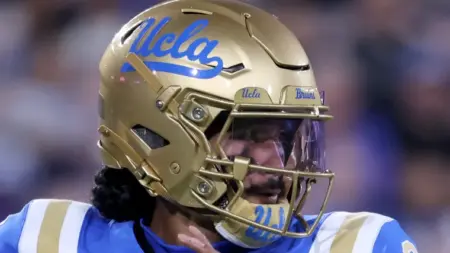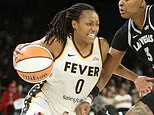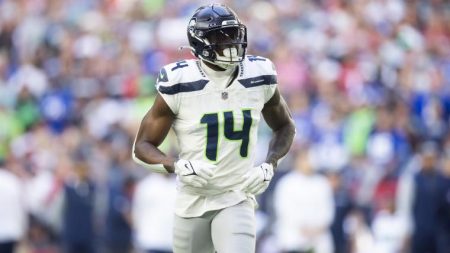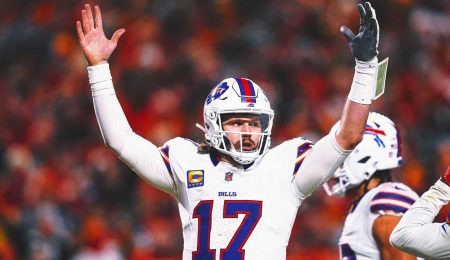The Legal Battle Between NASCAR and 23XI Racing, Front Row Motorsports
Bob Pockrass, FOX NASCAR Insider
23XI Racing and Front Row Motorsports have launched a high-stakes legal battle against NASCAR, challenging the sanctioning body’s control over the NASCAR Cup Series. The lawsuit, filed on October 2, 2024, in federal court in Charlotte, alleges that NASCAR’s actions violate antitrust laws. This dispute has the potential to reshape the landscape of NASCAR racing and the financial viability of the teams involved.
Initial Legal Moves and Reactions
The teams’ lawsuit centers on the 2025 charter agreement, which they argue is unfairly restrictive and monopolistic. They claim that NASCAR’s control over the series, including the requirement for teams to purchase parts from NASCAR-approved suppliers and the prohibition on participating in other racing series, violates antitrust laws. Both 23XI and Front Row were offered two charters each, but they declined to sign the agreement due to a clause releasing NASCAR from antitrust claims.
In response, NASCAR filed a motion to dismiss the case on October 2, 2024, arguing that the teams’ claims are meritless and that the 2025 charter agreement, signed by 13 of 15 Cup organizations, shows a fair and equitable business model. NASCAR also indicated that the teams have other racing options if they are dissatisfied with the charter agreement terms.
Preliminary Injunction and Legal Rulings
On November 8, 2024, U.S. District Court Judge Frank Whitney denied the teams’ request for a preliminary injunction to allow them to sign the charter agreement without giving up their right to sue. The judge ruled that the teams had not proven irreparable harm, stating that the risks were speculative. However, the judge left the door open for the teams to file the motion again if circumstances change.
The teams appealed the ruling to the U.S. Court of Appeals for the Fourth Circuit, and on January 10, 2025, Judge Kenneth Bell denied NASCAR’s motion to dismiss the case. Bell also declined to require the teams to post a bond for any earnings they receive this year that could be paid back if they lose the case. Bell’s ruling set a December 1, 2025, date for a jury trial, emphasizing that the answers to the antitrust claims will be determined through discovery and trial.
Key Legal Arguments and Implications
The teams’ main argument is that NASCAR’s control over the premier stock-car racing series and its restrictive practices violate antitrust laws. They contend that the charter system, which guarantees a spot in every race and a share of the media revenues, is critical to their business model. Without a charter, the teams face significant financial and operational risks, including the potential loss of sponsors and drivers.
NASCAR argues that the teams’ claims are baseless and that the charter system is a necessary part of maintaining a competitive and financially viable sport. The sanctioning body also points out that 13 of 15 Cup organizations have signed the 2025 charter agreement, indicating that the system is fair and equitable. NASCAR further contends that the teams have other racing options and that the charter agreement does not constitute monopolistic behavior.
Recent Developments and Court Rulings
On February 12, 2025, NASCAR filed its appeal brief to the injunction that allows 23XI and Front Row to operate as charter teams while suing NASCAR for antitrust violations. NASCAR argues that the teams won’t likely succeed on the merits of the case and that NASCAR Cup Series racing can’t be the defined "market" when it comes to antitrust issues. The teams’ response to NASCAR’s appeal is due on March 14, 2025, with a potential hearing in the U.S. Court of Appeals Fourth Circuit in May 2025.
In the meantime, the teams continue to operate as chartered teams for the 2025 season. The judge’s ruling on the injunction has allowed 23XI and Front Row to field three chartered cars each, despite not signing the original charter agreements. This temporary measure is intended to maintain the status quo while the legal proceedings continue.
Stakeholder Reactions and Industry Implications
The lawsuit has garnered significant attention from team owners, drivers, and the broader NASCAR community. Michael Jordan, co-owner of 23XI Racing, has voiced his support for the smaller teams and the need for a fair and equitable system. Richard Childress, owner of RCR, and Justin Marks, owner of Trackhouse Racing, have expressed their concerns about the financial and operational implications of the lawsuit for their teams.
Drivers such as Kyle Larson and Joey Logano have commented on the potential long-term effects of the lawsuit on the sport. Larson highlighted the decline in driver salaries over the years, while Logano noted that the outcome could impact the drivers’ future opportunities.
Future Prospects and Potential Outcomes
The legal battle between NASCAR and the teams could have far-reaching implications for the future of NASCAR racing. If the teams prevail, NASCAR may be required to make significant changes to the charter agreement, including more favorable terms for the teams and greater control over their intellectual property. This could lead to a more competitive and financially viable environment for the teams.
However, if NASCAR prevails, the current system may remain in place, and the teams may have to continue operating under the existing charter agreement. The potential outcomes of the lawsuit also highlight the broader issues in the sport, such as the need for greater transparency and fairness in revenue distribution and governance.
The case is set to continue with a December 1, 2025, trial date, and any decisions could be subject to further appeals. The outcome of this legal battle will be closely watched by the NASCAR community and could shape the future of the sport for years to come.

